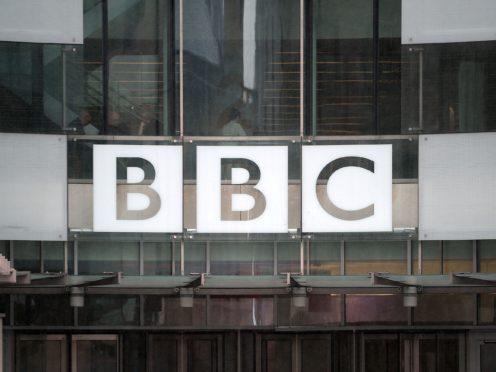
Media and tech giants have pledged to work together to tackle harmful coronavirus disinformation.
The BBC, Facebook, Google, Twitter, Microsoft and First Draft are among the members of the Trusted News Initiative (TNI), which was set up last year in a bid to protect audiences from fake news around moments of jeopardy, such as elections.
Partners have decided to turn their focus to the Covid-19 outbreak, with a shared alert system to notify each other of false and potentially harmful information about the virus.
The TNI said the alert will allow platforms to review content promptly, while helping publishers ensure they do not unwittingly republish disinformation.
It will also flag up content that undermines trust in partner news providers, by identifying impostor content which claims to come from trusted brands.
Lord Hall, director-general of the BBC, said: “The BBC and all our partners feel an urgent sense of responsibility to give everybody the very best, most accurate information we can during this time of crisis.
“It’s vital that we all have access to the facts so we know how to protect ourselves, our friends and families.
“These are challenging times for each and every one of us.
“We’ll do everything we can, working together, to stop disinformation about coronavirus in its tracks.”
Sarah Brown, head of news partnerships for Facebook in northern Europe, added: “Facebook has made a concerted effort to combat coronavirus misinformation on our platforms.
“Since February, we have partnered with the NHS to connect people to the latest official NHS guidance around coronavirus – both directly in their news feeds and when people search on the topic to ensure people have accurate information.
“We’ve also removed posts that could potentially lead to harm, as well as reducing the distribution of claims that have been debunked through our third-party fact-checking programme.
“Through the BBC Trusted News Initiative, we’re building on this work through a shared alert system to flag misinformation that could lead to real-world harm.”

Enjoy the convenience of having The Sunday Post delivered as a digital ePaper straight to your smartphone, tablet or computer.
Subscribe for only £5.49 a month and enjoy all the benefits of the printed paper as a digital replica.
Subscribe